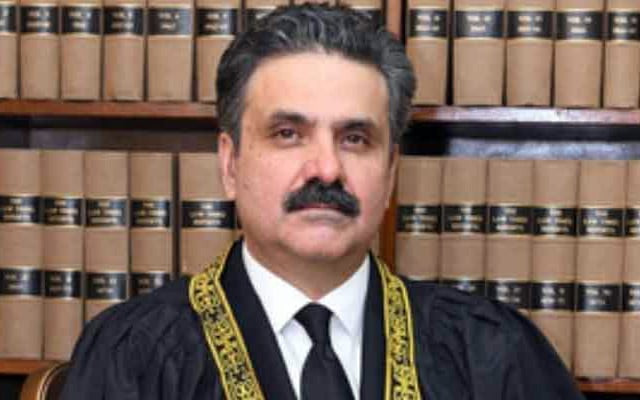Govt's side under scrutiny
Panel meets amid concerns over judicial unity, executive influence

As Chief Justice of Pakistan (CJP) Yahya Afridi convenes the Judicial Commission of Pakistan (JCP) meeting on Tuesday, the federal government faces limited representation during the crucial first session.
The JCP meeting will be attended by 12 members, including four senior Supreme Court judges, the Pakistan Bar Council representative, five government representatives, and two opposition members.
The real challenge lies in whether the four judicial members will present a unified opinion or if the government has successfully divided them before the JCP meeting.
A senior official told The Express Tribune that the government does not anticipate any issues in nominating CJ Afridi as the senior judge of constitutional benches. However, it is an open secret that many government officials prefer that two senior Supreme Court judges, Justice Syed Mansoor Ali Shah and Justice Munib Akhtar, not be included in the constitutional bench.
Adviser to the Prime Minister Rana Sanaullah has also expressed a similar desire that neither CJ Afridi nor the two superseded judges should serve on the constitutional bench.
In contrast, lawyers argue that the constitutional bench should consist of five or seven of the most senior judges.
The former attorney general for Pakistan noted the growing hostility from the executive and parliament towards the judiciary, which has faced weakening during the tenure of ex-CJP Qazi Faez Isa.
He suggested that instead of addressing important constitutional issues, judges should exercise judicial retreat for the time being.
He stressed that both senior judges, Justice Shah and Justice Munib Akhtar, are among the best legal minds in the country. Under the current circumstances, he believes they should avoid adjudicating controversial legal issues and instead focus on developing laws in other areas, such as taxation.
Powerful circles are fully backing the current regime, which is using parliament against the judiciary, a shift from their previous support for judicial authority.
Meanwhile, a faction of lawyers, particularly the Professional Lawyers Group, has resolved to intensify their campaign against the 26th constitutional amendment and is urging the judiciary to unite against severe violations of the constitution.
The former AGP stated that, in light of recent constitutional amendments, multiple constitutional benches could be constituted to hear various cases.
He further advocated for all Supreme Court justices to be included in the constitutional benches, asserting the need to unite the Supreme Court before adjudicating any constitutional matter.



















COMMENTS
Comments are moderated and generally will be posted if they are on-topic and not abusive.
For more information, please see our Comments FAQ